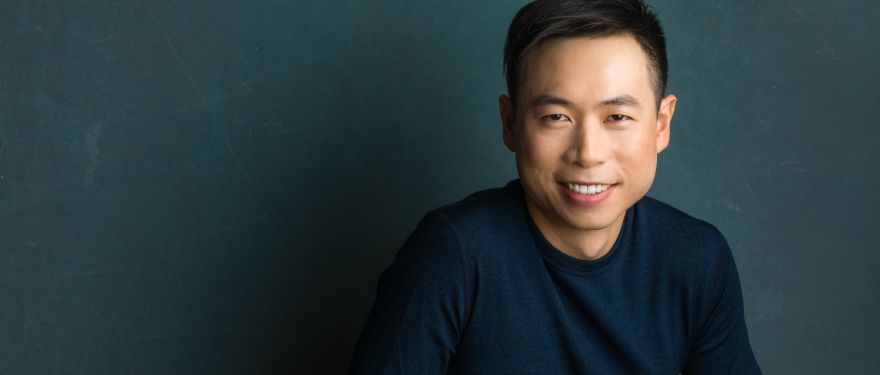Business school is a valuable investment in your future. HBS supports that investment through generous need-based scholarships. In addition to scholarships, many HBS students utilize student loans to help meet their portion of the shared investment.
If you anticipate borrowing to help finance your MBA, you are likely thinking about what repayment might look like post-graduation. HBS graduates pursue careers in a variety of industries and positions around the world. With a median starting salary of $148,750, and median signing bonus of $30,000, HBS graduates are well-positioned to pay off their student loans. Still, taking-on student debt to finance an MBA is a significant commitment, and we recognize that personal circumstances influence how each student approaches that commitment. To better understand how HBS graduates manage and repay their student debt, we interviewed several alumni about their loan repayment journeys.
Class: MBA 2018
Career: Author of The Unspoken Rules and Social Entrepreneur
Could you please share a little bit about your upbringing and background?
I was born and raised in Toronto to a single mother who had dropped out of school at age 12 to work in a sewing factory. I was 14 when she was laid off from her sewing machine factory job. Because I was proficient in English and had computer skills, I helped her to look for another job, which included searching online and writing resumes and cover letters. We applied to hundreds of jobs, but she didn’t get a single callback. Eventually, she found a government program that enabled her to return to school and become a daycare assistant. The experience really stuck with me and has influenced my life and career direction.
What was your approach to paying for HBS?
I had worked in management consulting for two years prior to coming to HBS. Growing up in a family that prioritized saving for a rainy day, I had been contributing as much as I could to retirement savings. I was relieved to find that doing so would not hurt my financial aid consideration at HBS. I received very generous financial aid but also took out student loans.
Did you have any anxiety or stress related to debt or how you would pay for HBS? If yes, how did you manage those feelings?
Finances were top of mind throughout my two years of school. I knew I wanted to become a social entrepreneur so I prioritized how I spent my time and money around that goal. There are so many opportunities at HBS; you can literally have 3 opportunities for every slot on your calendar, so I imposed a yes/no framework that helped me prioritize:
- Is this something that would help me go further, faster in a startup venture?
- Is this an opportunity that would help me meet more likeminded people?
- Is this something I could do only while at HBS and no other time in my life?
As I imposed that framework on my decisions, I found myself saying no to many of the more expensive activities like the weekend travel. I ended up doing more on-campus activities and spent a lot of time in the i-lab. During the summer between my first and second year I received additional funding through the Rock Summer Fellows Program. I also signed up for every startup pitch competition I was eligible for and won modest amounts. I found ways to make it work financially.
How did you approach your career search? Was it influenced by concerns about loans or debt repayment?
I asked myself, “What does success look like the day after graduation?” Inspired by my mother’s story, my experience as a first generation college student, and other first generation college students I have mentored, I realized that I wanted to pay it forward—to help others from humble beginnings reach their full potential. I had a sponsorship offer from my previous employer, so there was significant opportunity cost of leaving consulting. I opted not to take the sponsorship. It was a difficult decision but I knew that going all-in on social entrepreneurship—rather than leaving it for nights and weekends—would be the path of least regret. HBS financial aid made the decision to commit to social entrepreneurship possible.
What has your experience with debt repayment been like? What is/was your strategy?
My approach has been “pay it first” when it comes to my student loans. Growing up, we never bought anything that wasn’t an absolute necessity. I kept that mindset. So, after HBS, I have been very disciplined about personal spending and debt repayment and it has ended up being more manageable than I expected. I also took advantage of the Rock Center Loan Reduction Program, which has been really helpful.
Is there any advice you would like to share with prospective or current HBS students regarding loans or debt repayment?
I have advised a number of first generation college students to really explore financial aid packages at different schools. Many of these students have a strong desire to give back; to use this newfound privilege to lift others up. But financial realities can prevent them from pursuing that path. For those who think finance or consulting is the only financially viable path, I encourage them to research what resources are available and to be prudent with their finances. It will take some sacrifice, but it’s possible. HBS is especially generous for students coming from humble backgrounds.

